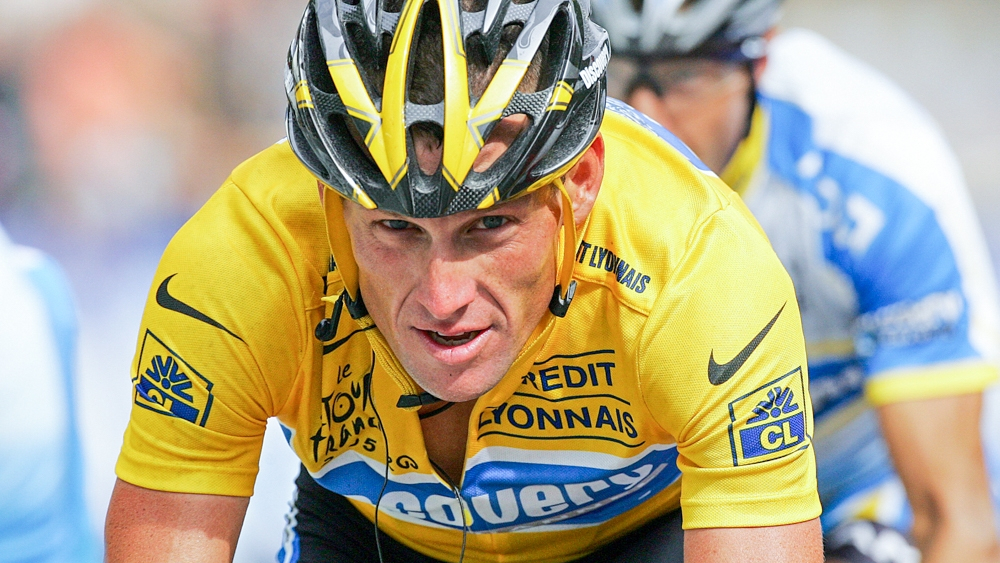
Lance Armstrong '30 for 30' documentary: 'I don't know' whether doping caused cancer
by Zac Al-KhateebLance Armstrong said in Sunday's episode of "Lance" — the ESPN "30 for 30" documentary chronicling the rise and fall of the cycling legend — that he doesn't know whether his testicular cancer was a result of doping.
Armstrong answered a point-blank question in the documentary about whether doping, which he says began in 1992 or '93, led to his testicular cancer. Armstrong was diagnosed in October 1996 at the age of 25; he won his first of seven Tour de Frances in 1999, making his triumph over the disease a major focal point in his success story.
"I don’t know the answer to that,” Armstrong said. “And I don’t want to say no because I don’t think that’s right, either. I don’t know if it’s yes or no, but I certainly wouldn’t say no. The only thing I will tell you is the only time in my life that I ever did growth hormone was the 1996 season. So just in my head, I’m like ‘growth, growing, hormones and cells.’ Like, if anything good needs to be grown, it does. But wouldn’t it also make sense that if anything bad is there, that it, too, would grow?”
MORE: What to know about Armstrong '30 for 30' doc
Armstrong's answer is in line with a previous answer he gave on the subject in his 2013 doping confession; TV host Oprah Winfrey asked whether the banned substances "contributed" to his diagnosis.
"I don’t think so,” Armstrong said at the time. “I’m not a doctor, I’ve never had a doctor tell me that or suggest that to me personally, but I don’t believe so.”
That said, Armstrong's former teammate Floyd Landis said in a 2011 Sports Illustrated story that Michele Ferrari — the doctor who administered banned substances to Armstrong — was convinced he contributed to his cancer diagnosis.
“I remember when we were on a training ride in 2002," Landis told SI, "Lance told me that Ferrari had been paranoid that he had helped cause the cancer and became more conservative after that,” Landis said.